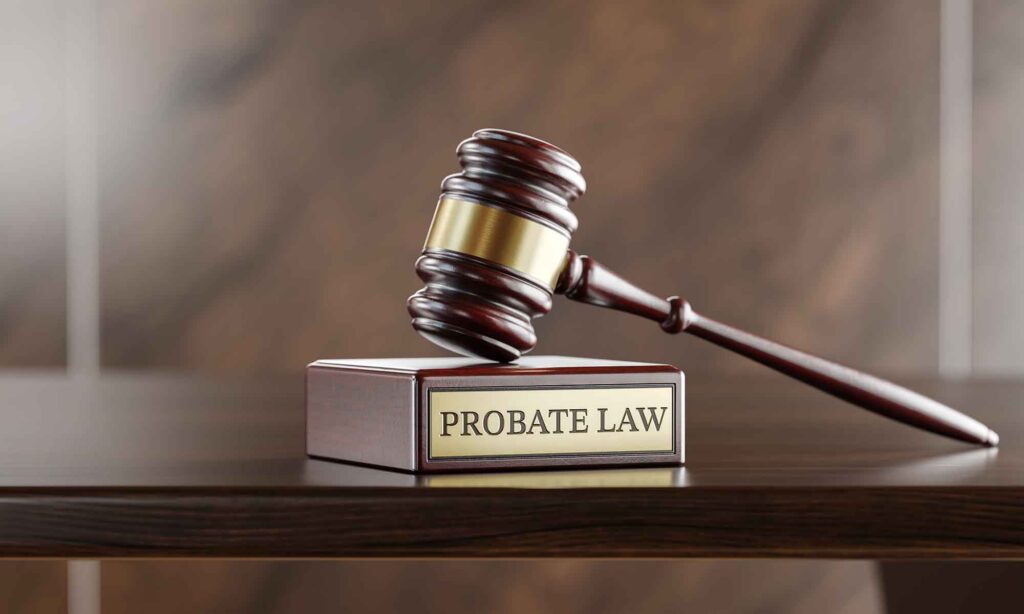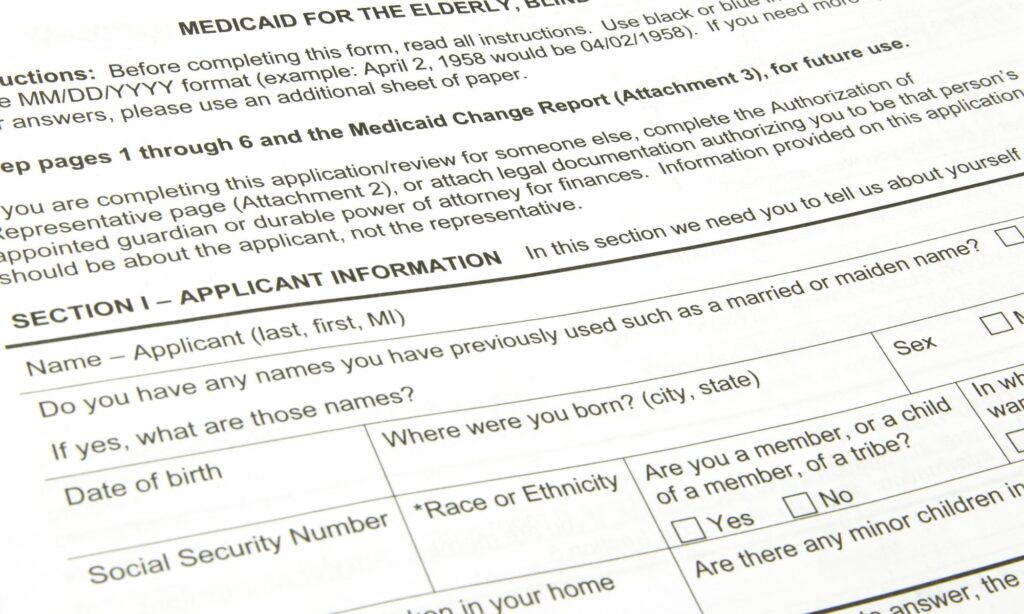Pinnacle legacy law team members are respected and experienced professionals with specialization in the following areas.
Wills

Wills are a legal tool that allows individuals to control who receives their property when they die. A will plan which includes the other legal documents discussed below is an ideal foundational plan for young families or others of modest means. With a will you can designate who receives your financial assets when you die or nominate someone to be the guardian of your minor children should you become incapacitated.
An effective plan includes:
- A general durable power of attorney. A will becomes effective when you die. Power of attorney designates someone to manage your property and finances if you are incapacitated, including if you are unavailable for any other reason to sign a legal document.
- A complete HIPAA form naming all the individuals you would want to be present when your medical condition is being discussed
- A healthcare power of attorney
- A living will
Living Trusts

Living Trusts are legal documents that allow individuals to manage their assets during their lifetime and distribute them to their chosen beneficiaries after their death. Living Trusts can help avoid probate court and keep financial affairs private. However, Living Trusts may not cover all assets, require ongoing management, and do not replace the need for a will or other estate planning documents.
Living trusts provide the following benefits:
- Avoiding Probate: A Living Trust allows the assets the trust owns to pass directly to beneficiaries without probate court, which can be time-consuming and costly.
- Managing Assets: A Living Trust enables the grantor (the person creating the trust) to manage their assets. At the same time, they are alive and provide a plan for managing those assets in the event of incapacity.
- Providing Privacy: Unlike probate, a Living Trust can help keep financial affairs private, as it does not become a public record.
- Offering Flexibility: A Living Trust can be tailored to the grantor’s needs and goals, allowing for specific provisions for beneficiaries, such as staggered distributions or special needs trusts.
- Minimizing Estate Taxes: A Living Trust can minimize estate taxes for larger estates, although this may not be necessary for more modest estates.
Probate and Post-Death Administration

Living Trusts are legal documents that allow individuals to manage their assets during their lifetime and distribute them to their beneficiaries after their death. Living Trusts can help keep financial affairs private. However, Living Trusts may not cover all assets, require ongoing management, and do not replace the need for a will or other estate planning documents. A trust differs from a will because it does not necessarily terminate upon your death. Your chosen trustee can continue to manage the assets held within the trust until your intended beneficiaries reach the age(s) you designated them to receive their inheritance. Even with a Living Trust, a will is still necessary.
Living trusts provide the following benefits:
- Avoiding Probate: Pass assets directly to beneficiaries without probate court, a time-consuming, costly endeavour.
- Managing Assets: As grantor, or the person that creates the trust, you can still manage your assets. You also have a plan for managing assets in case of incapacity.
- Providing Privacy: Unlike probate, which is a matter of public record, Living Trusts keep financial affairs private.
- Flexibility: Tailored to the grantor’s needs, allowing for specific provisions for beneficiaries e.g. staggered distributions or special needs trusts.
- Minimize Estate Taxes: More important for larger estates.
Medicaid and Elder Law Planning

Medicaid and elder law planning are legally protecting assets and income for older individuals who may need long-term care while ensuring they have access to government benefits like Medicaid. Working with an experienced elder law attorney can create a plan that meets your unique needs and goals. Medicaid eligibility is based on several factors, including income, assets, and medical conditions. While Medicaid and elder law planning can help you qualify for benefits, it’s not guaranteed. That said, there are obvious benefits.
These are the most important things to know about Medicaid and Elder Law Planning:
- Helps protect assets and income: assets and income threatened by long-term care expenses can be ameliorated.
- Qualify for Medicaid: Medicaid and elder law planning can help you qualify for Medicaid benefits for long-term care expenses.
- Plan for incapacity: Establish a durable power of attorney and healthcare proxy.
- Plan for end-of-life care: Medicaid and elder law planning can help you plan for end-of-life care, including hospice care and funeral arrangements.
- Highly individualised: Medicaid and elder law planning is tailored to your unique circumstances. There is no one-size-fits-all solution but that’s as it should be.
- Complement to long-term care insurance: While Medicaid and elder law planning can help protect your assets and income, it’s not a substitute for long-term care insurance but rather complements such an insurance policy.
- Helpful regardless of financial circumstances: Medicaid and elder law planning are not just for the wealthy. It can be helpful for individuals of all income levels who may need long-term care.
Asset Protection Planning

Asset protection planning is the process of legally protecting one’s assets from potential legal claims and creditors.
Here is a list of things that Asset protection planning can and cannot do.
- Asset protection planning can help shield assets from creditors by making them more difficult to seize in the event of a lawsuit or bankruptcy.
- Asset protection planning can help minimize exposure to liability by implementing legal strategies that limit the amount of assets that can be targeted in a lawsuit.
- Asset protection planning can help preserve family wealth by ensuring that assets are passed down to heirs and beneficiaries, rather than being lost to creditors or legal claims.
- Asset protection planning can act as a deterrent against litigation by making it more difficult and costly for a potential plaintiff to pursue a lawsuit.
- Asset protection planning cannot protect assets from criminal activity or illegal acts. Any assets obtained through illegal means are not protected by asset protection planning.
- Asset protection planning cannot shield assets from pre-existing debts or obligations. Any assets obtained before implementing an asset protection plan are still subject to seizure by creditors.
- Asset protection planning cannot be used to avoid taxes or other legal obligations, such as child support or alimony payments.
- Asset protection planning cannot guarantee complete protection of assets. There is always a risk that a court may find an asset protection strategy to be fraudulent or ineffective.
Estate Tax Planning

By working with an experienced estate planning attorney and creating a comprehensive plan, you can ensure that your estate is prepared to minimize or eliminate estate taxes upon your death, especially for families with significant assets.
While the primary benefit of estate tax planning is reducing or eliminating estate taxes that your heirs would otherwise have to pay, estate tax planning strategies also protect your assets from creditors, lawsuits, and other threats. A comprehensive estate plan that includes trusts, wills, and other important documents ensures that your beneficiaries receive the assets you intend for them to have.
Estate tax planning also helps minimize family conflict by clearly outlining your wishes and intentions. That’s an important part of what estate tax planning does. Ultimately, the purpose of this type of planning is to preserve your legacy for future generations. Everything from ensuring that your family is cared for and that your charitable goals are achieved are can be achieved with estate tax planning.
Estate taxes can be a significant burden on your estate and your beneficiaries. The federal estate tax rate is currently 40%, and some states also have their estate taxes. By implementing estate tax planning strategies, you can minimize or eliminate these taxes and preserve more wealth for your heirs.
Legacy Planning

Legacy planning identifies and achieves your personal, family, and charitable goals while maximizing the impact and value of your wealth beyond your lifetime. This type of planning is an excellent way to develop a more meaningful and purposeful life, for yourself and your family’s future. Minimizing taxes, creating trusts, and other strategies to help ensure your assets are distributed according to your wishes are all part of this process. Perhaps most importantly, Legacy planning is a way to pass on your values, traditions, and beliefs to your descendants. Part of that might mean planning for support of charitable causes. Finally, planning now reduces stress and burdens on your loved ones by providing clear instructions and guidance on how your assets should be distributed after passing. Retirement, illness, incapacity, and any desires for your legacy can and should be accounted for in Legacy Planning.
This is what Legacy Planning does and doesn’t do:
- Helps you define your legacy: Legacy planning helps you identify what you want your legacy to be, both for your family and for the world.
- Helps you preserve your wealth: Legacy planning helps you identify ways to preserve your wealth for future generations, including minimizing taxes and protecting assets from creditors.
- Helps you pass on your values: Legacy planning helps you pass on your values to your children and grandchildren, ensuring that your legacy lives on beyond your lifetime.
- Helps you support causes you to care about Legacy planning helps you identify charitable causes that you are passionate about and create a plan for supporting them both during and after your lifetime.
- Doesn’t focus only on financial assets: Legacy planning is about more than just financial assets. It also includes intangible assets like family values, stories, and traditions.
- Doesn’t ignore tax planning: While legacy planning is not solely about minimizing taxes, it does involve tax planning strategies to help maximize the impact of your wealth.
- Doesn’t create a one-size-fits-all plan: Legacy planning is highly personalized and tailored to your unique goals and values. There is no one-size-fits-all approach.
- Doesn’t only focus on the end of life: Legacy planning is not just about what happens after you pass away. It also includes planning important life events like education, retirement, and healthcare.
